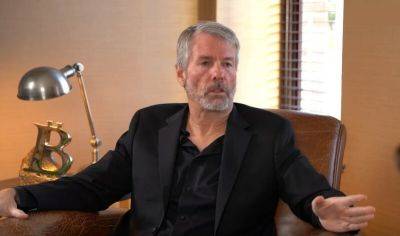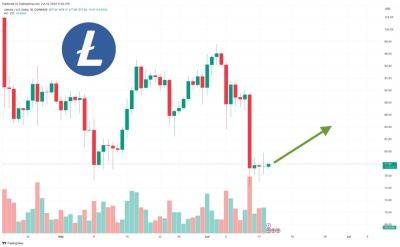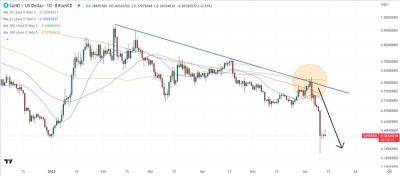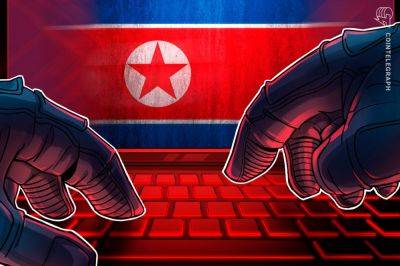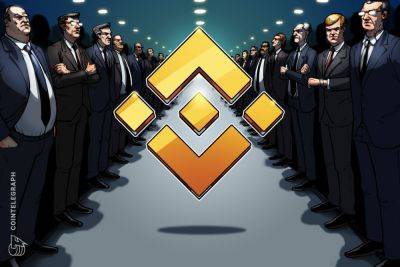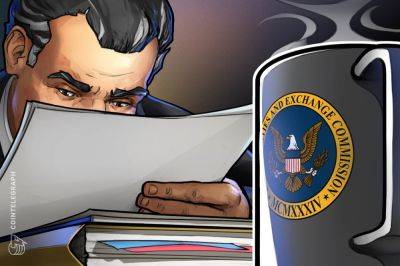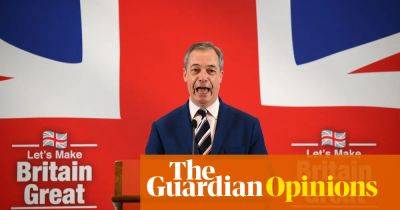Brexit blame game erupts again: how leaving EU came back to bite Tories
R ishi Sunak cut a relaxed figure as he sat in shirtsleeves, clutching a Downing Street mug, chatting to journalists on the plane to the G7 conference in Japan this week. One question ruffled his smooth demeanour, though: what did he make of Nigel Farage’s eye-opening comments the previous evening?
Brexit had “failed”, Farage had said. Britain had “not actually benefited … economically” from leaving the EU. And who was to blame for this sorry state of affairs? “Useless” Tory governments.
Sunak bristled at these remarks. “I voted for Brexit, I believe in Brexit … as chancellor and prime minister I am actually delivering the benefits of Brexit as opposed to talking about it,” he said.
He had reason to feel sensitive. More serious than Farage’s jibes was what had prompted them: a warning from the carmaker Stellantis that it would close manufacturing operations in the UK if the government did not renegotiate its trading terms with the EU.
Stellantis, which was quickly followed by other carmakers such as Jaguar Land Rover and Ford, said it would not be able to comply with incoming rules requiring 45% of its cars to be made in the UK and EU to avoid tariffs, because most electric vehicle batteries are still made in China. Unless these so-called “rules of origin” were delayed, Stellantis said, it would be forced to pull some of its manufacturing out of the UK.
And the prime minister knew that worse was to come. Next week, the Office for National Statistics will publish figures showing another surge in net immigration, which may have hit close to 1 million in 2022. Given that the Tories were elected in 2019 on a promise to bring net immigration down from its level at the time of about 250,000 a year, this would be a major policy
Read more on theguardian.com

